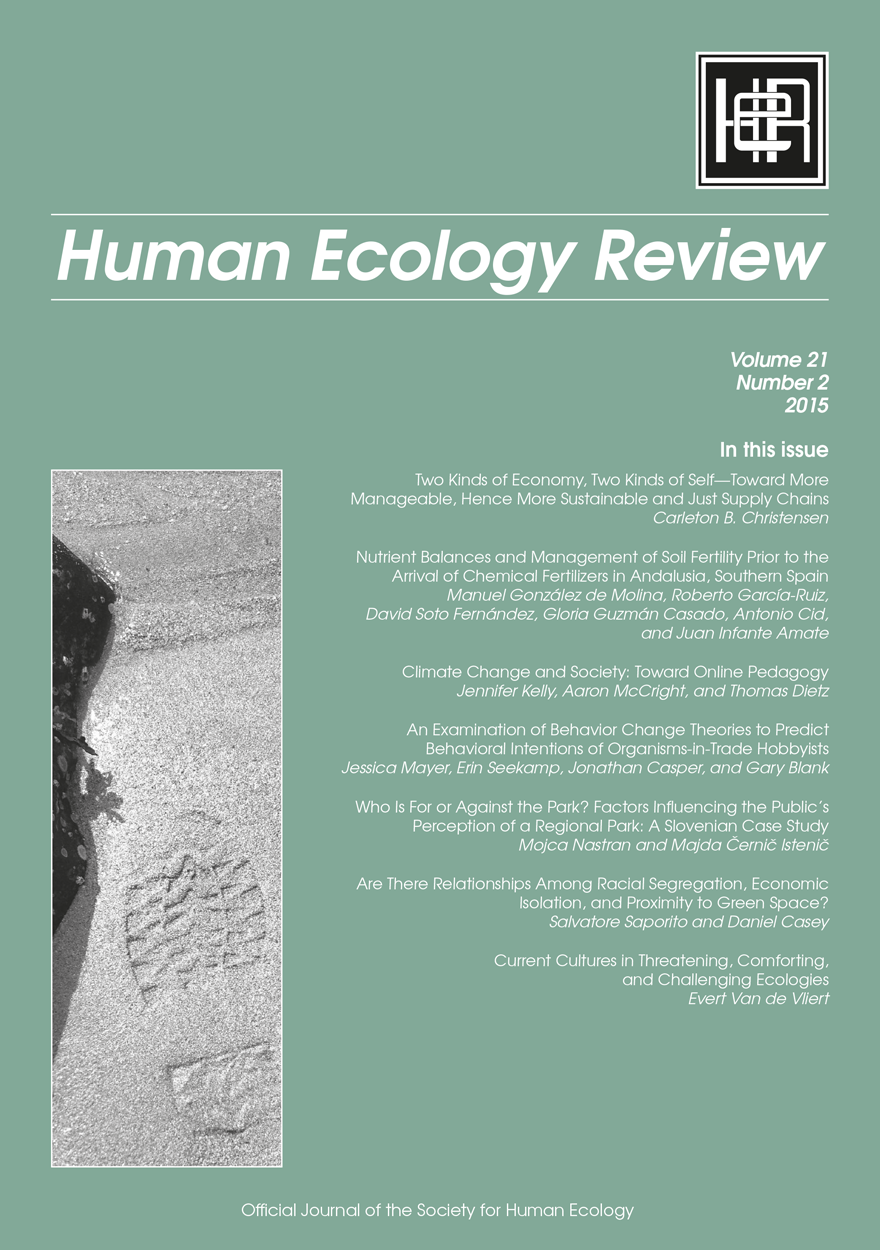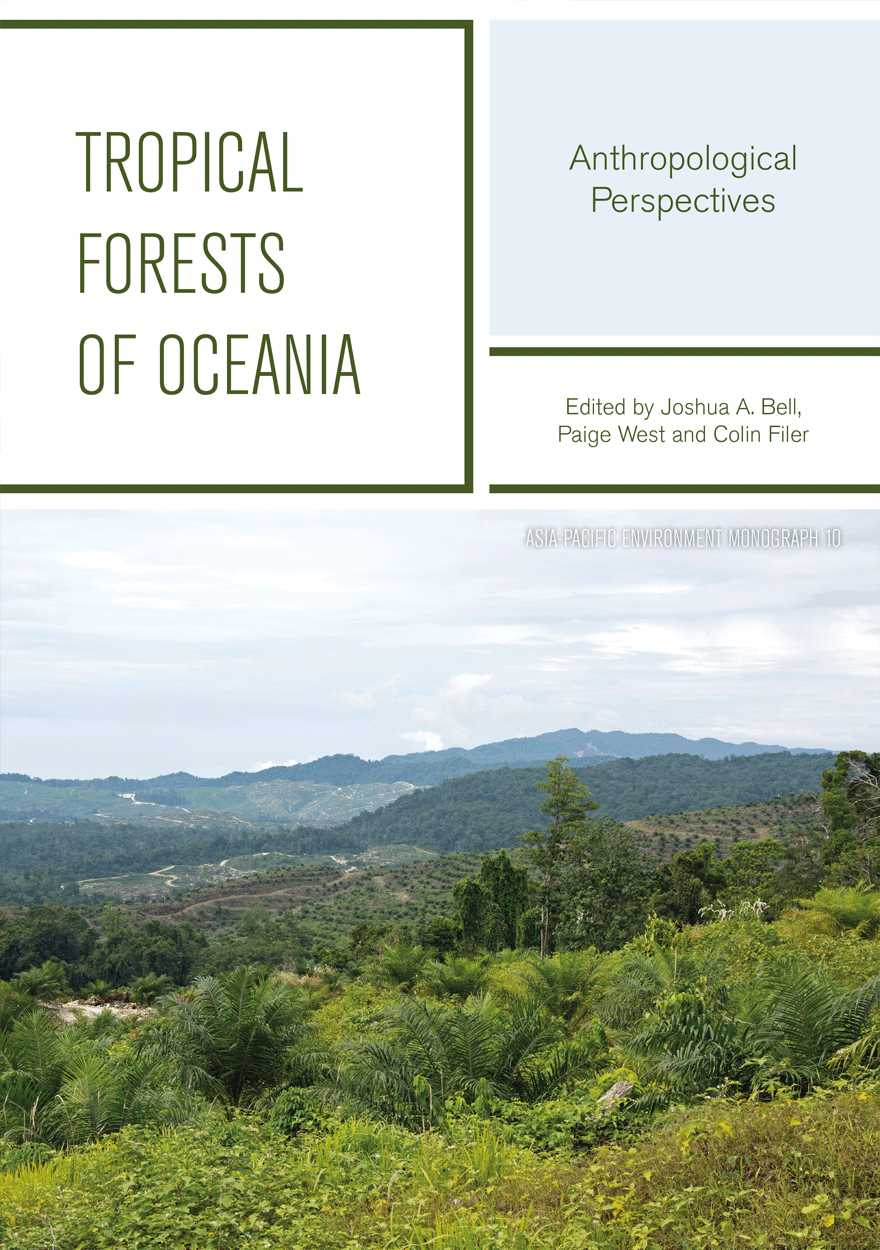Search titles
Displaying results 481 to 490 of 1097.

Indigenous Intermediaries »
New perspectives on exploration archives
Publication date: September 2015
This edited collection understands exploration as a collective effort and experience involving a variety of people in diverse kinds of relationships. It engages with the recent resurgence of interest in the history of exploration by focusing on the various indigenous intermediaries – Jacky Jacky, Bungaree, Moowattin, Tupaia, Mai, Cheealthluc and lesser-known individuals – who were the guides, translators, and hosts that assisted and facilitated European travellers in exploring different parts of the world.
These intermediaries are rarely the authors of exploration narratives, or the main focus within exploration archives. Nonetheless the archives of exploration contain imprints of their presence, experience and contributions. The chapters present a range of ways of reading archives to bring them to the fore. The contributors ask new questions of existing materials, suggest new interpretive approaches, and present innovative ways to enhance sources so as to generate new stories.
‘This is a very fine collection of essays. It offers a deep and richly textured assessment of the crucial work of indigenous intermediaries in imperial and colonial exploration.’
— Professor Tony Ballantyne, University of Otago, New Zealand

A New Era? »
Timor-Leste after the UN
Edited by: Sue Ingram, Lia Kent, Andrew McWilliam
Publication date: September 2015
Timor-Leste has made impressive progress since its historic achievement of independence in 2002. From the instability that blighted its early years, the fledgling democratic country has achieved strong economic growth and a gradual reinstatement of essential social services. A decade on in 2012, Presidential and Parliamentary elections produced smooth political transitions and the extended UN peacekeeping presence in the country came to an end. But significant challenges remain. This book, a product of the inaugural Timor-Leste Update held at The Australian National University in 2013 to mark the end of Timor-Leste’s first decade as a new nation, brings together a vibrant collection of papers from leading and emerging scholars and policy analysts.
Collectively, the chapters provide a set of critical reflections on recent political, economic and social developments in Timor-Leste. The volume also looks to the future, highlighting a range of transitions, prospects and undoubted challenges facing the nation over the next 5–10 years. Key themes that inform the collection include nation-building in the shadow of history, trends in economic development, stability and social cohesion, and citizenship, democracy and social inclusion. The book is an indispensable guide to contemporary Timor-Leste.

Strings of Connectedness »
Essays in honour of Ian Keen
Edited by: P.G. Toner
Publication date: September 2015
For nearly four decades, Ian Keen has been an important, challenging, and engaging presence in Australian anthropology. Beginning with his PhD research in the mid-1970s and through to the present, he has been a leading scholar of Yolngu society and culture, and has made lasting contributions to a range of debates. His scholarly productivity, however, has never been limited to the Yolngu, and he has conducted research and published widely on many other facets of Australian Aboriginal society: on Aboriginal culture in ‘settled’ Australia; comparative historical work on Aboriginal societies at the threshold of colonisation; a continuing interest in kinship; ongoing writing on language and society; and a set of significant land claims across the continent. In this volume of essays in his honour, a group of Keen’s former students and current colleagues celebrate the diversity of his scholarly interests and his inspiring influence as a mentor and a friend, with contributions ranging across language structure, meaning, and use; the post-colonial engagement of Aboriginal Australians with the ideas and structures of ‘mainstream’ society; ambiguity and indeterminacy in Aboriginal symbolic systems and ritual practices; and many other interconnected themes, each of which represents a string that he has woven into the rich tapestry of his scholarly work.

East Asia Forum Quarterly: Volume 7, Number 3, 2015 »
Publication date: September 2015
East Asia Forum Quarterly grew out of East Asia Forum (EAF) online, which has developed a reputation for providing a platform for the best in Asian analysis, research and policy comment on the Asia Pacific region in world affairs. EAFQ aims to provide a further window onto research in the leading research institutes in Asia and to provide expert comment on current developments within the region. The East Asia Forum Quarterly, like East Asia Forum online, is an initiative of the East Asia Forum (EAF) and its host organisation, the East Asian Bureau of Economic Research (EABER) in the Crawford School of Economics and Government in the College of Asia & the Pacific at The Australian National University.
Download for free
Not available for purchase

Human Ecology Review: Volume 21, Number 2 »
Publication date: September 2015
Human Ecology Review is a semi-annual journal that publishes peer-reviewed interdisciplinary research on all aspects of human–environment interactions (Research in Human Ecology). The journal also publishes essays, discussion papers, dialogue, and commentary on special topics relevant to human ecology (Human Ecology Forum), book reviews (Contemporary Human Ecology), and letters, announcements, and other items of interest (Human Ecology Bulletin). Human Ecology Review also publishes an occasional paper series in the Philosophy of Human Ecology and Social–Environmental Sustainability.
Download for free
Not available for purchase

A Dissident Liberal »
The Political Writings of Peter Baume
Edited by: John Wanna, Marija Taflaga
Authored by: Peter Baume
Publication date: September 2015
In the ‘broad church’ of the Australian Liberal Party, rarely has there been a maverick so unrelenting in his commitment to personal principles as Senator Peter Baume. Over a parliamentary career spanning 17 years, three ministerial portfolios and five party leaders, Baume was increasingly pitted against his own party room.
In A Dissident Liberal: The Political Writings of Peter Baume, we learn of personal threats, crises, constitutional confrontation and the tension between conservatism and classical liberalism—and between ideology and toeing the party line. This collection of personal observations, speeches and commentaries on contentious policy issues presents a valuable resource for students of Australian political history.

NGOs and Political Change »
A History of the Australian Council for International Development
Authored by: Patrick Kilby
Publication date: August 2015
The Australian Council for International Development is the peak body of Australian international development NGOs. This book explores ACFID’s history since its founding in 1965, drawing on current and contemporary literature as well as extensive archival material. The trends and challenges in international development are seen through the lens of an NGO peak body: from the heady optimism of the first Development Decade of the 1960s, through the growth in government support of NGOs in the 1980s, to the challenges of the 2010s. The major themes of ACFID are presented: human rights; gender justice; humanitarianism; NGO codes of conduct; and influencing government policy both broadly and as it relates to NGOs. Each of these themes is placed in a global context and in relation to what other NGO networks are doing internationally.

International Review of Environmental History: Volume 1, 2015 »
Edited by: James Beattie
Publication date: August 2015
International Review of Environmental History takes an interdisciplinary and global approach to environmental history. It encourages scholars to think big and to tackle the challenges of writing environmental histories across different methodologies, nations, and time-scales. The journal embraces interdisciplinary, comparative and transnational methods, while still recognising the importance of locality in understanding these global processes.
The journal’s goal is to be read across disciplines, not just within history. It publishes on all thematic and geographic topics of environmental history, but especially encourage articles with perspectives focused on or developed from the southern hemisphere and the ‘global south’.
Download for free
Not available for purchase

Tropical Forests Of Oceania »
Anthropological Perspectives
Edited by: Joshua A. Bell, Paige West, Colin Filer
Publication date: August 2015
The tropical forests of Oceania are an enduring source of concern for indigenous communities, for the migrants who move to them, for the states that encompass them within their borders, for the multilateral institutions and aid agencies, and for the non-governmental organisations that focus on their conservation. Grounded in the perspective of political ecology, contributors to this volume approach forests as socially alive spaces produced by a confluence of local histories and global circulations. In doing so, they collectively explore the multiple ways in which these forests come into view and therefore into being. Exploring the local dynamics within and around these forests provides an insight into regional issues that have global resonance. Intertwined as they are with cosmological beliefs and livelihoods, as sites of biodiversity and Western desire, these forests have been and are still being transformed by the interaction of foreign and local entities. Focusing on case studies from Papua New Guinea, the Solomon Islands and the Gambier Islands, this volume brings new perspectives on how Pacific Islanders continue to creatively engage with the various processes at play in and around their forests.

Long History, Deep Time »
Deepening Histories of Place
Edited by: Ann McGrath, Mary Anne Jebb
Publication date: August 2015
The vast shape-shifting continent of Australia enables us to take a long view of history. We consider ways to cross the great divide between the deep past and the present. Australia’s human past is not a short past, so we need to enlarge the scale and scope of history beyond 1788. In ways not so distant, these deeper times happened in the same places where we walk today. Yet, they were not the same places, having different surfaces, ecologies and peoples. Contributors to this volume show how the earth and its past peoples can wake us up to a sense of place as history – as a site of both change and continuity.
This book ignites the possibilities of what the spaces and expanses of history might be. Its authors reflect upon the need for appropriate, feasible timescales for history, pointing out some of the obstacles encountered in earlier efforts to slice human time into thematic categories. Time and history are considered from the perspective of physics, archaeology, literature, western and Indigenous philosophy. Ultimately, this collection argues for imaginative new approaches to collaborative histories of deep time that are better suited to the challenges of the Anthropocene. Contributors to this volume, including many leading figures in their respective disciplines, consider history’s temporality, and ask how history might expand to accommodate a chronology of deep time. Long histories that incorporate humanities, science and Indigenous knowledge may produce deeper meanings of the worlds in which we live.



